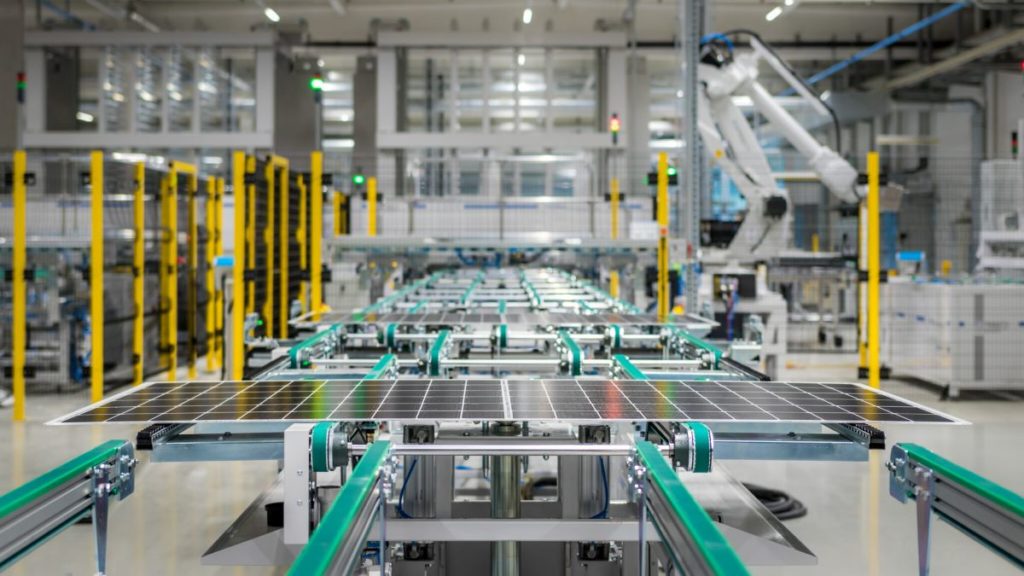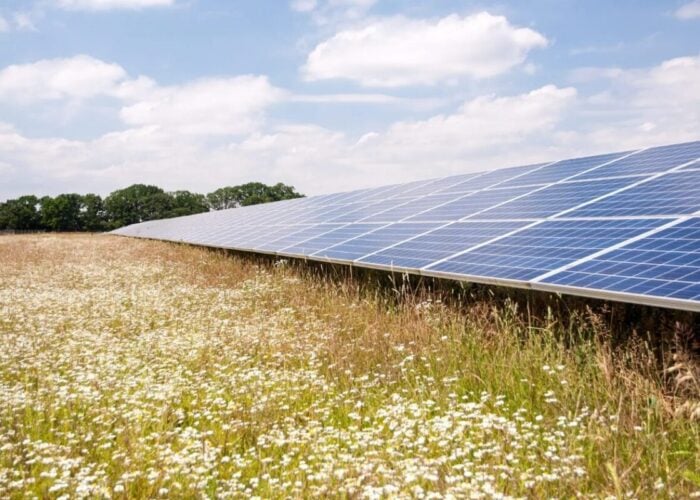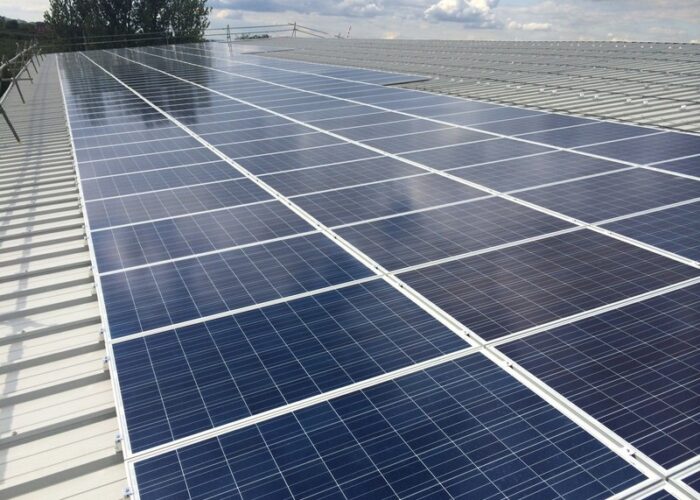
Three German solar PV companies have partnered to invest €2 billion (US$2.2 billion) to build a vertically integrated manufacturing capacity.
Comprised of solar module distributor Wattkraft Systems, PV module manufacturer Heckert Solar and solar glass supplier Interfloat Corporation, the three companies have submitted a project outline to Germany’s Federal Ministry of Economics and Climate Protection (BMWK) which launched an expression of interest (EoI) in June seeking 10GW of solar manufacturing.
Try Premium for just $1
- Full premium access for the first month at only $1
- Converts to an annual rate after 30 days unless cancelled
- Cancel anytime during the trial period
Premium Benefits
- Expert industry analysis and interviews
- Digital access to PV Tech Power journal
- Exclusive event discounts
Or get the full Premium subscription right away
Or continue reading this article for free
With the goal to reach a vertically integrated solar manufacturing capacity in Germany, the €2 billion investment will be made within 24 months and across three locations in the country. The first of these projects will be the expansion of module production in Langenwetzendorf, Thuringia, to reach an annual capacity of 2.8GW. In Frankfurt, existing facilities will be modified to produce solar cells, polysilicon and wafers with each a 5GW of annual capacity, while in Brandenburg a solar glass manufacturing capacity will be built to cater for the combined value chain, according to Heckert Solar.
The consortium aims to cover at least 90% of Germany’s added value in module and cell development, while reducing global dependency.
The companies have not yet disclosed which technology would be used, only that the PV modules will be glass-glass and have an efficiency of 24% based on new cell technologies, which is in itself the minimum percentage of module efficiency required by the BMWK’s EoI. PV Tech contacted Heckert Solar seeking more information on that matter.
Since the BMWK launched its EoI, several companies have declared interest in it, including US cadmium telluride thin-film module manufacturer First Solar and Switzerland-headquartered module manufacturer Meyer Burger which has currently delayed its solar manufacturing expansion in Germany, in favour of a US expansion to build a 2GW cell production in Colorado.






